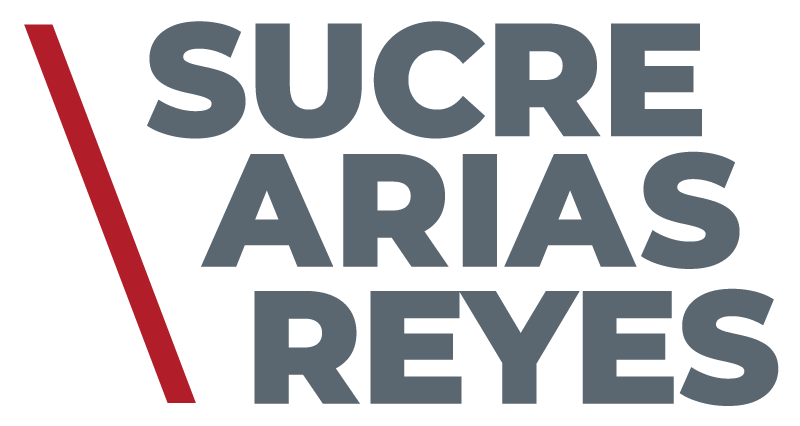Without a doubt, an increasing number of individuals and families decide to invest in publicly traded securities (such as stocks, for example) in the United States to achieve their goals and diversify. These investments have become even more accessible due to the existence of low-cost brokerage houses that offer their services primarily online. However, it is very important to obtain adequate information before making any purchase of securities in the United States to ensure adequate estate planning. We clarify, of course, that we are not qualified lawyers in the United States, but we can offer some suggestions to be discussed with an advisor in that country.
¿How to make these investments?
Anyone interested in investing in these securities does so through a brokerage house, either directly in the United States or through a local one that has a broker in that country. Depending on the policies that the brokerage house has, the investment account can be opened in a personal capacity or in the name of an entity, such as a company or a private interest foundation. It is very important to define the tax implications both in the country of origin and in the United States to determine in whose name the account should be opened. This becomes very valuable since the tax rules of the United States can have many differences from the tax rules of the investor's home country.
¿What tax implications must be considered?
If we take the example of Panama, this is a country in which there is no type of wealth or inheritance tax. However, the estate tax exists in the United States, which taxes the assets that a deceased person has left to their heirs. The application of this tax will depend on what assets in the United States the person had and their value, as well as other factors. For example, a person who, from Panama, without being a citizen or resident of the United States, and who is considered a tax resident of Panama, has an investment account that has shares listed on a stock exchange in the United States (Apple, Microsoft, etc. ) must take into account the existence of this tax and the impact it could have upon their death.
¿What happens with my investment account if I pass?
It is important to consult with your broker or advisor about what would happen in this case. Ideally, and considering the tax suggestions mentioned above, your broker should allow the designation of beneficiaries for your account, so that they can receive your assets without the need for a probate process. Despite this, it will depend on the policies that the broker has. They may not allow the designation of beneficiaries and may require the submission of certain documents after your passing. These documents may correspond to a probate process in your country of origin.
¿What must I consider if I invest in non-US securities?
There may be the case where your financial advisor or you decide to invest in securities located in another country. Our suggestions would be the same, which should be validated with an advisor from the applicable jurisdiction. We always recommend that any type of investment also be analyzed by an attorney to determine any tax or succession impact. This professional will be able to consider the nationality of the investor, their tax residence, the location of the assets, and other factors, to establish the best way to carry out their project. Feel free to contact us for advice, either directly or through our network of international advisors.



